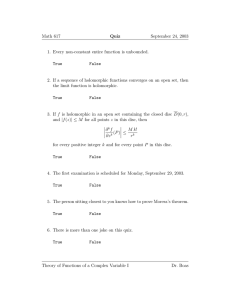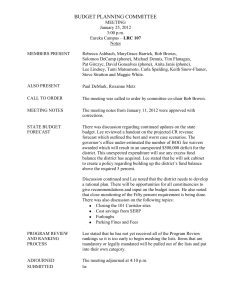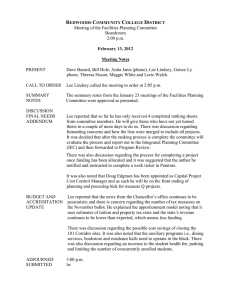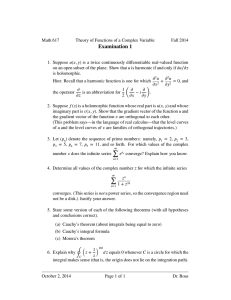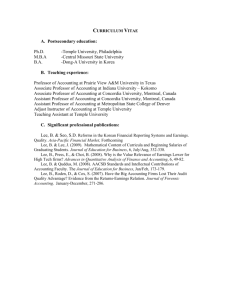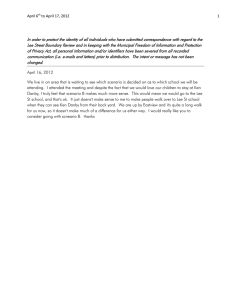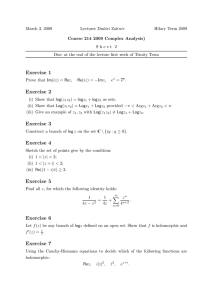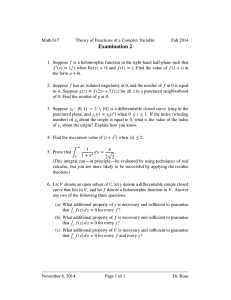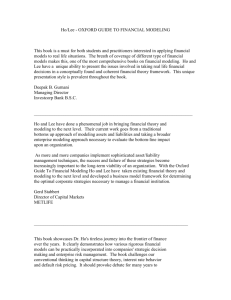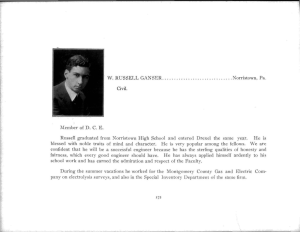Math 617 Examination 1 September 29, 2003 1. Evaluate the complex line integral
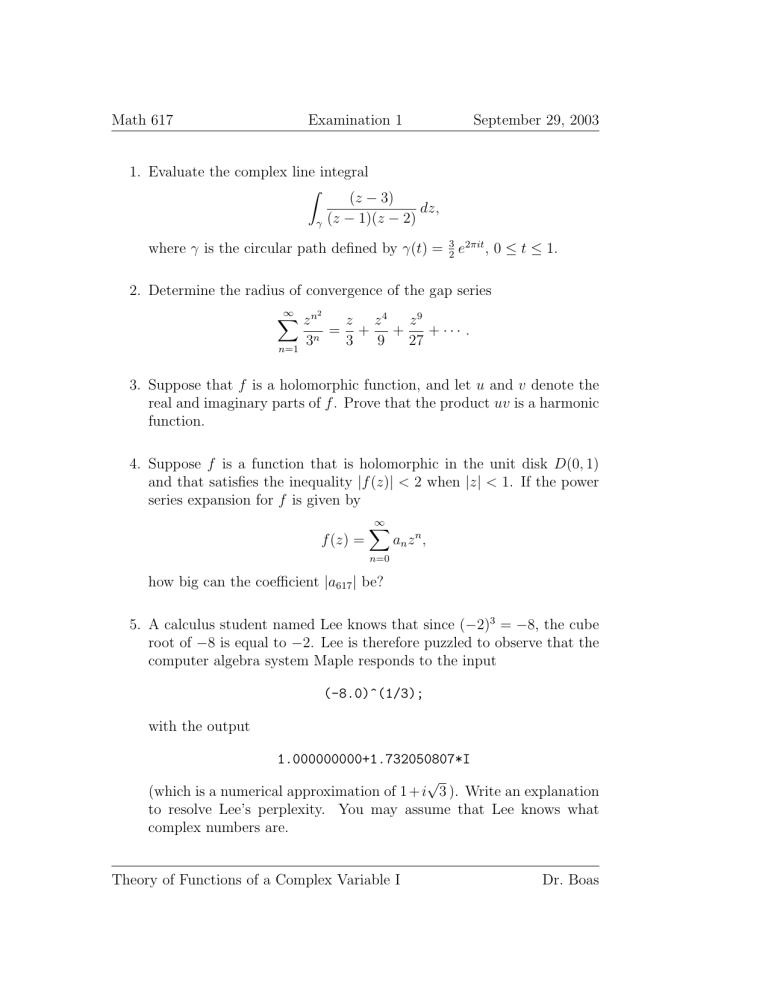
Math 617 Examination 1 September 29, 2003
1. Evaluate the complex line integral
Z
( z −
3)
γ
( z −
1)( z −
2) dz, where γ is the circular path defined by γ ( t ) =
3
2 e
2 πit
, 0
≤ t
≤
1.
2. Determine the radius of convergence of the gap series n =1 z n 2
3 n
= z
3
+ z
4
9
+ z
9
27
+
· · · .
3. Suppose that f is a holomorphic function, and let u and v denote the real and imaginary parts of f . Prove that the product uv is a harmonic function.
4. Suppose f is a function that is holomorphic in the unit disk D (0 , 1) and that satisfies the inequality
| f ( z )
|
< 2 when
| z
|
< 1. If the power series expansion for f is given by f ( z ) = n =0 a n z n
, how big can the coefficient
| a
617
| be?
5. A calculus student named Lee knows that since (
−
2)
3
=
−
8, the cube root of
−
8 is equal to
−
2. Lee is therefore puzzled to observe that the computer algebra system Maple responds to the input
(-8.0)^(1/3); with the output
1.000000000+1.732050807*I
(which is a numerical approximation of 1 + i
√
3 ). Write an explanation to resolve Lee’s perplexity. You may assume that Lee knows what complex numbers are.
Theory of Functions of a Complex Variable I Dr. Boas

